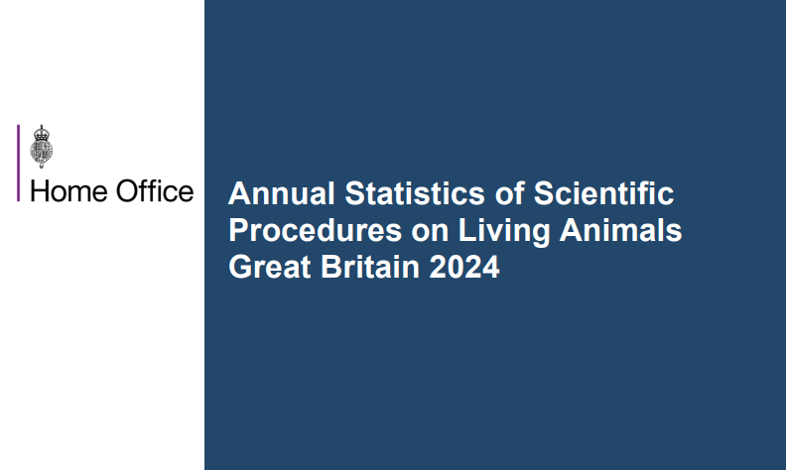
by Lorena Sordosordo | Nov 11, 2025 | Uncategorized
A decade has passed since the recording of actual severity was first reported. In this post we’ll take a look at the latest figures on severe procedures from last year, and the initial data from back in 2014. The most recent statistics on animal research in the UK,...
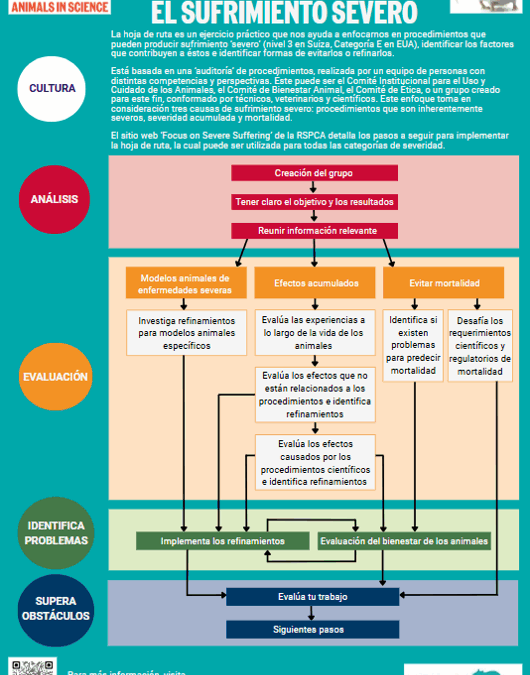
by Lorena Sordosordo | Jun 30, 2025 | Uncategorized
We are delighted to share a significant milestone in our ongoing commitment to ending severe suffering in lab animals globally: the Roadmap poster and the prospective procedures and lifetime experiences sheets, with their corresponding guidance notes, are now...
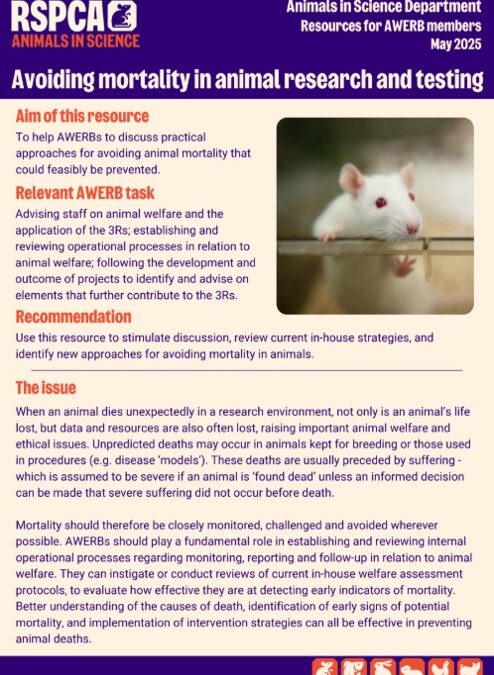
by Lorena Sordosordo | May 15, 2025 | Uncategorized
We are pleased to announce the release of our latest information sheet: ‘Avoiding mortality in animal research and testing’. This information sheet specifically addresses unexpected mortality in animals, which is usually assumed to be preceded by ‘severe’ suffering...

by Lorena Sordosordo | Apr 15, 2025 | Uncategorized
We are pleased to share our new information sheet “Roadmap to reducing ‘severe’ suffering”. This resource has been developed to enable all members of Animal Welfare and Ethical Review Bodies (AWERBs) to help reduce, and avoid, ‘severe’ suffering at their...
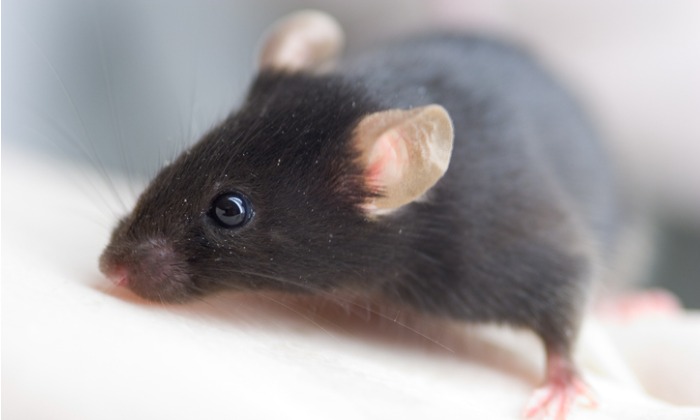
by Lorena Sordosordo | Mar 13, 2025 | Uncategorized
At the end of 2021 and beginning of 2022, we held two expert working group meetings on refining studies involving bone marrow ablation and reconstitution in mice. These procedures are used in different fields of research including studies of immune system function,...

by Jessica | Dec 12, 2024 | Uncategorized
We’re pleased to share that the reports from our two Focus on Severe Suffering events held in November 2024 are now live. “Minimising Pain” at Newcastle University The meeting featured two sessions: “Refining Pain in Pain Research”, focusing on reducing pain in...

by Jessica | Sep 20, 2024 | Uncategorized
On 11 September, the 2023 statistics on animal research in the UK were released. We are encouraged by the continued decline in the number of animals experiencing ‘severe’ suffering. This represents significant progress since 2014 towards our goal of ending severe...
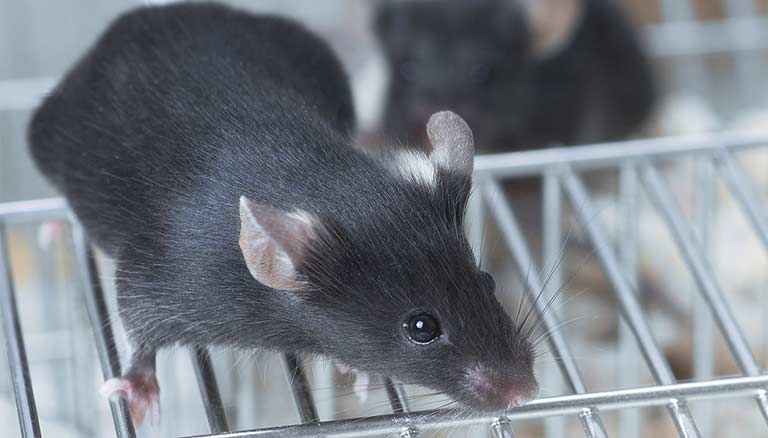
by Jessica | Aug 22, 2024 | Uncategorized
Cancer research represents one of the highest uses of animals across both basic and translational research. In basic research, oncology ranks as the third highest sub-category for causing ‘severe’ animal suffering, while in translational research, human...
by Jessica | Aug 6, 2024 | Uncategorized
On July 19, 2024, the European Commission released the most recent statistics on the use of animals in research and testing in the EU and Norway for the years 2021 and 2022. These statistics play a vital role in the RSPCA’s ‘Focus on Severe Suffering’ initiative,...
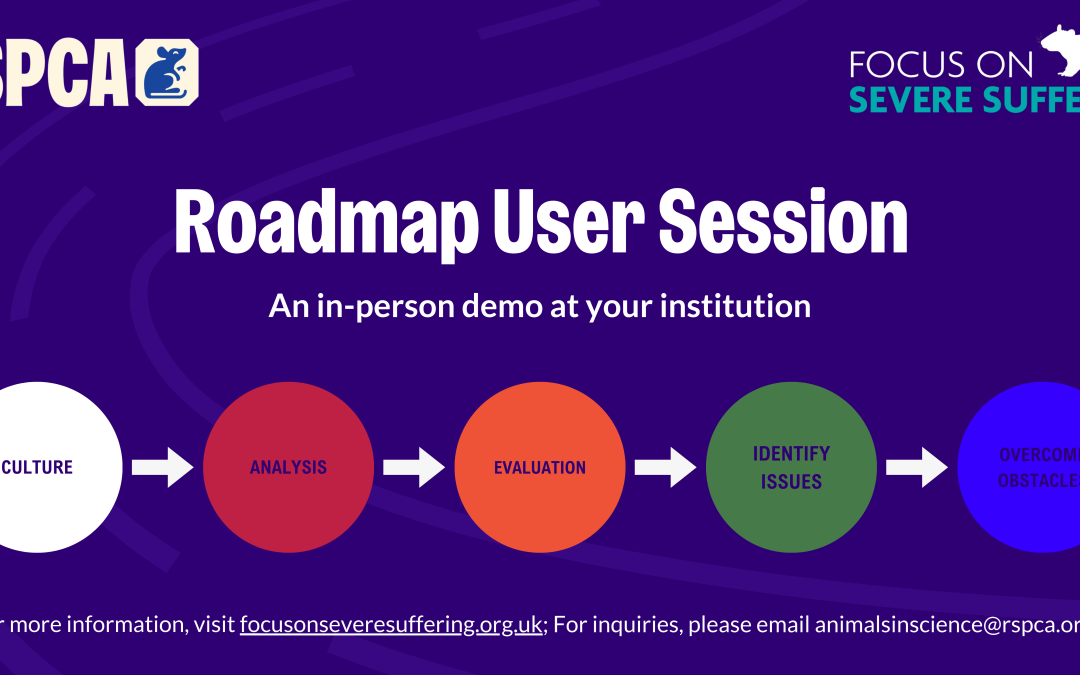
by Jessica | Jun 26, 2024 | Uncategorized
Caring, empathetic staff play an essential role in reducing lab animal suffering and improving welfare. However, the emotional toll on staff, including animal technologists, veterinarians and scientists, can be significant – especially when animals suffer...
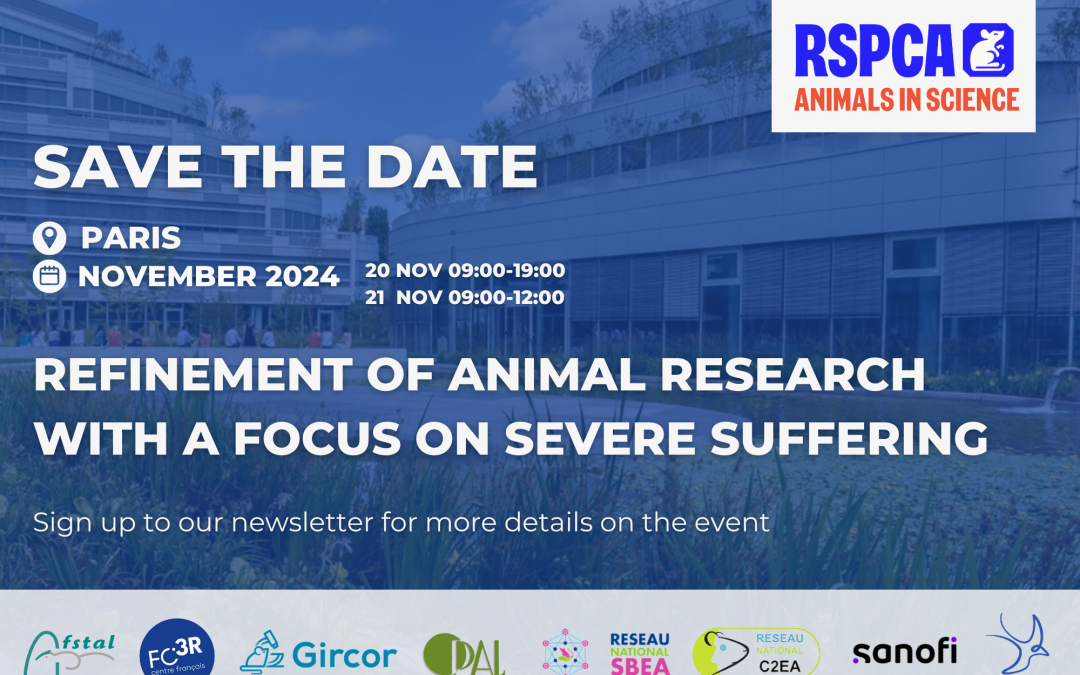
by Jessica | Apr 16, 2024 | Uncategorized
On 20-21 November 2024, the RSPCA will hold an international meeting in France on ‘refining animal research with a focus on severe suffering’. Building on the success of previous meetings held in Brussels, Berlin, Athens, Stockholm and Leiden, the meeting will be the...
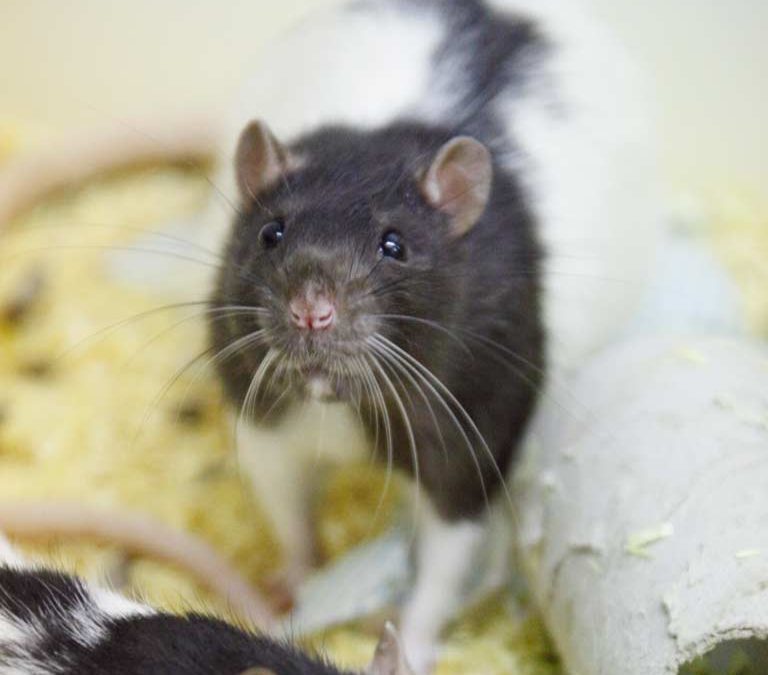
by Jessica | Apr 11, 2024 | Uncategorized
Reducing severe suffering in animal research involves a series of steps which are outlined in our ‘Roadmap’. A key objective is to identify and reduce ‘cumulative suffering’ by reviewing both procedure-related and non-procedure-related experiences throughout an...











